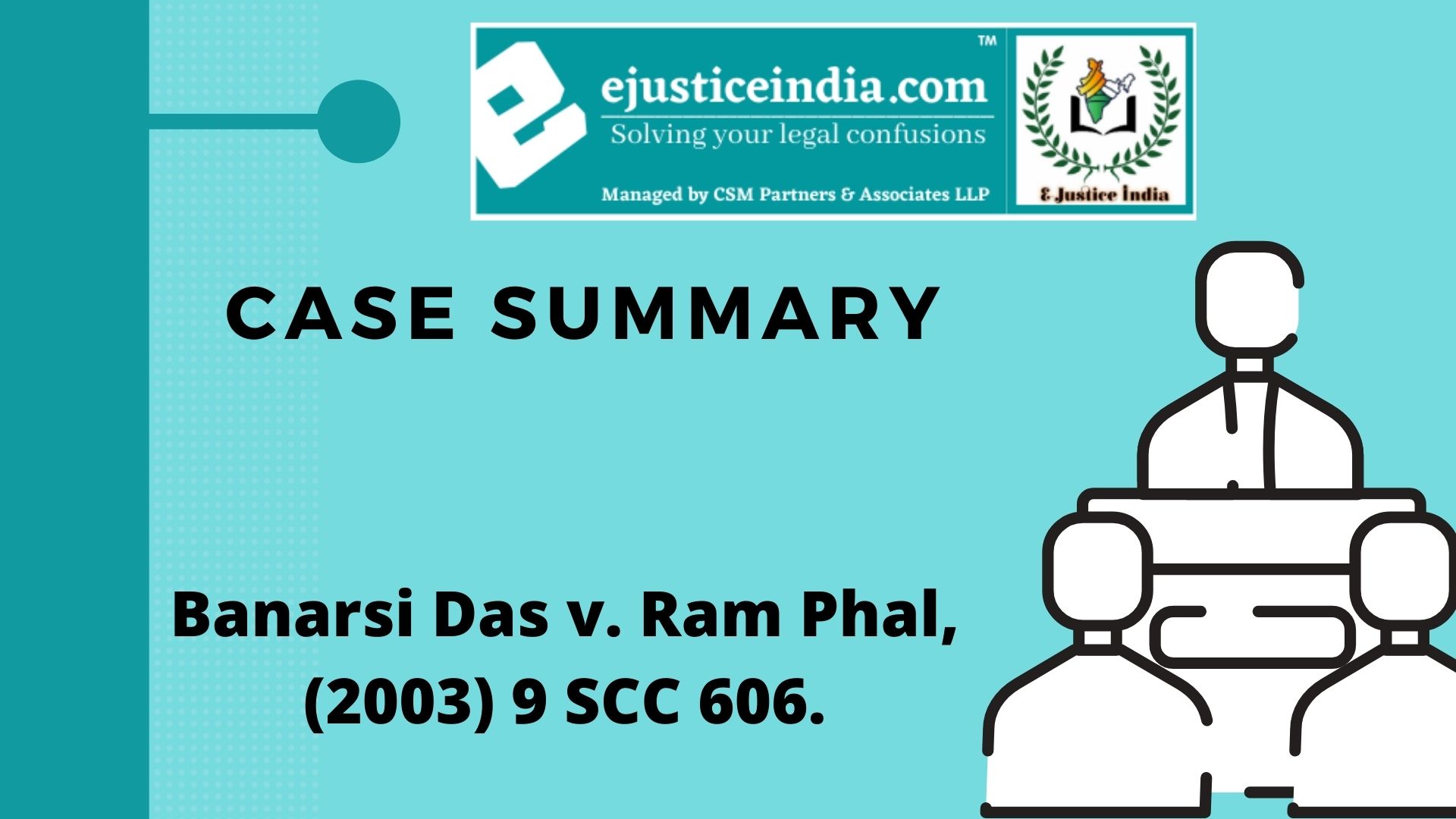INDIAN YOUNG LAWYERS ASSOCIATION VS STATE OF KERELA
Case Name : INDIAN YOUNG LAWYERS ASSOCIATION VS STATE OF KERELA
Author : Vaibhavi Batra
EQUIVALENT CITATION
Writ Petition No. 373 of 2006
BENCH
CJI Dipak Misra, Justice R.F. Nariman, Justice Indu Malhotra, Justice R.M. Khanwilker and Justice D.Y. Chandrachaud
INTRODUCTION
Sabarimala Temple is one of the oldest temples of India and is one of the largest annual pilgrimage sites. The temple is the home of Hindu deity, “Ayyapa” who is considered to be a celibate. He is known as the God of Growth and was believed that Lord Ayyapa was the abandoned son of Lord Siva.
Hinduism regards menstruating women as unclean and bars them from practicing their religious beliefs. So, in regard to this, two notifications were issued by the Travancore Devaswom Board in the year 1955 and 1956, which prohibited women aged between 10 to 50 years. In 1965, the Kerala Hindu Places of Public Worship (Authorization of Entry) Act, 1965 was enacted, of which Rule 3(b) read with Section 4, legally banned the entry of women of age groups 10 years to 50 years (menstruating) into the Sabarimala Temple. This ban was challenged in Kerala High Court in S.Mahendran vs. the Secretary, Travancore Devaswom Board (1992); where the ban was upheld by stating that, “restriction of entry of menstruating women into the Sabarimala Temple was an age custom.”
FACTS
In opposition to the verdict given by the Kerala High Court in the S.Mahendran Case, a petition was filed in the year 2006 in the Supreme Court of India, by six women who were the member of the Indian Young Lawyers Association. They filed writ petition under Article 32 of the Indian Constitution, seeking issuance of directions against the Government of Kerala, Devaswom Board of Travancore, Chief Thanthri of Sabarimala Tmple and the District Magistrate of Pathanamthitta , in order to seek the removal of restriction of entry of women in the Sabarimala Temple.
ISSUES AND FACTS OF LAW
Whether the custom violates Article 14 (equality before law and equal protection of laws) and freedom of religion under Article 25 of the Constitution of India?
Is Rule 3 of the Act is valid in regard to Article 14 and Article 15(3) of the Indian Constitution?
Whether a religious institution could make its own rules in the matter of religion?
Whether the temple has a ‘religious denomination’?
JUDGEMENT
The devotees of Lord Ayyappa are Hindus and do not constitute a separate religious denomination. The court said that, mere observance of certain customs for a long time does not make it a distinct religion on that account.
Court also observed that, “the exclusionary practice being followed at the Sabarimala temple in regard to Rule 3 of the Act, violates the right of Hindu women to practice their religion freely and thus violates Article 25 of the Indian Constitution.
The verdict of this case was passed on 28th September 2018, by the judges, by 4-1 majority by “removing the ban on entering of menstruating women aged 10 years to 50 years into the Sabarimala Temple.”


